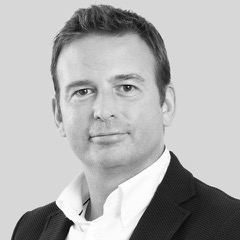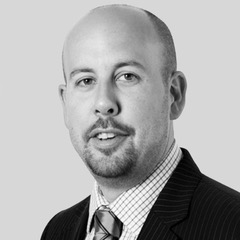In November 2023, the United States Tax Court issued a notable decision in Soroban Capital Partners vs. Commissioner, with implications on the tax treatment of limited partners in private equity funds.
The IRS challenged Soroban’s exclusion of ordinary business income from self-employment tax for limited partners, arguing that active involvement disqualifies them from this exclusion under Section 1402(a)(13). The Court, in a procedural ruling, held that limited partners are not automatically entitled to an exemption from self-employment tax, but rather that their participation must be tested. In doing so, the Court’s opinion closely aligned with the precedent set in Renkemeyer vs. Commissioner (2011).
Key Takeaways
- Limited partners who actively participate in business operations may face increased scrutiny regarding their qualification for the limited partner exception to self-employment tax, based primarily on their level of participation in the operations of the partnership.
- Limited Partnerships should assess their current filing positions and risks, including monitoring continued developments regarding self-employment tax under Section 1402(a)(13).
This decision may have significant implications for private equity funds and other partnerships. A testing requirement on active involvement by limited partners questions a wide range of interactions between selected owners, particularly in the general partner or management company context.
What is the legislative & regulatory basis?
The ruling draws on legislation and proposed regulations under Section 1402(a)(13), which intend to exclude limited partners from self-employment taxes.
While Section 1401(a) imposes a self-employment tax on an individual’s net earnings from self-employment, Section 1402(a)(13) provides an exclusion for limited partner distributive shares. The court highlighted that the term “limited partner, as such” has historically lacked a precise definition, leaving room for interpretation based on the partner’s level of control and participation in the business.
What is the regulatory history?
The IRS has attempted to issue regulatory guidance on Section 1402(a)(13) in the past, but has not issued final regulations on this since the moratorium on defining a limited partner under Section 1402(a)(13) was lifted in 1998. The proposed regulation 1.1402(a)-2 suggests that an individual would not be treated as a limited partner if they 1) had personal liability for partnership debts, 2) had the authority to contract on behalf of the partnership, or 3) participated in the partnership’s trade or business for more than 500 hours during the tax year.
Importantly, the proposed regulation does indicate that a partner can simultaneously be part limited partner and part general partner.
What does this mean going forward?
The Soroban Capital Partners v. Commissioner ruling underscores the need for careful consideration of tax planning and tax compliance positions in private equity and other partnership structures. Partnerships may want to consider the roles and responsibilities of their limited partners, particularly in management or investment advisory entities. With the IRS focusing on the economic substance and active participation of partners, funds should monitor continued developments and consider revisiting their practices to avoid adverse tax consequences.
Gen II offers full-service tax support, including compliance and strategic planning on a wide range of tax matters. Our compliance and reporting expertise helps manage our clients’ filing burden and establish positions that achieve intended results, maximizing the tax planning of your fund structures and minimizing tax liabilities. Gen II stands ready to assist you with updates on regulatory changes, ensuring proactive adaptation to the evolving tax landscape.
For questions or more information, contact your Gen II Service Manager or contact us.
*The opinions and facts included in the above do not constitute investment advice. Professional advice should be sought before making any investment or other decisions. Gen II accepts no liability for any decisions taken in relation to the above.







 Following its successful acquisition of Crestbridge last month, Gen II Fund Services (Gen II) has announced that Alex Le Quesne has been appointed to the role of Head of Real Assets – Europe.
Following its successful acquisition of Crestbridge last month, Gen II Fund Services (Gen II) has announced that Alex Le Quesne has been appointed to the role of Head of Real Assets – Europe.








